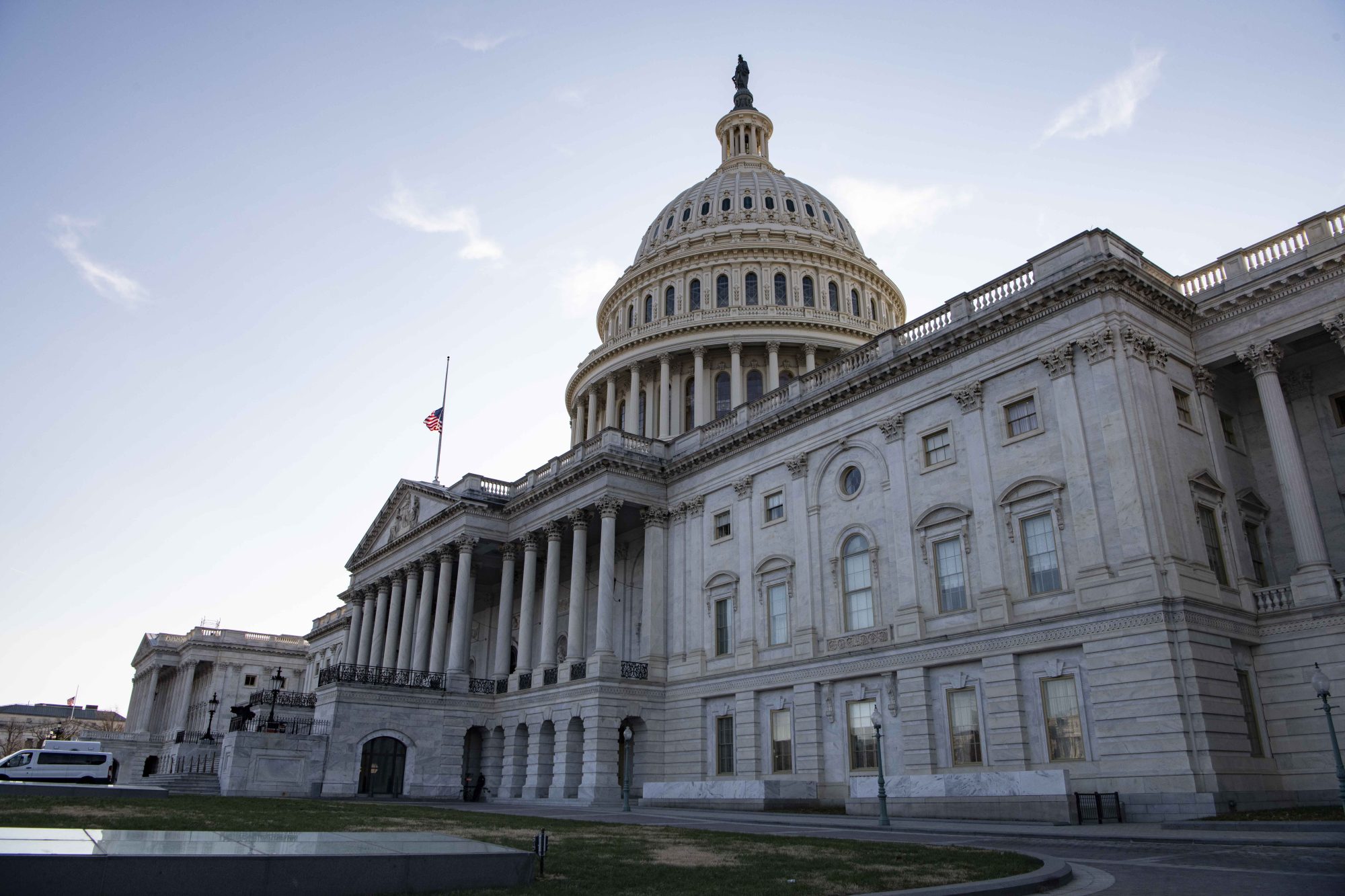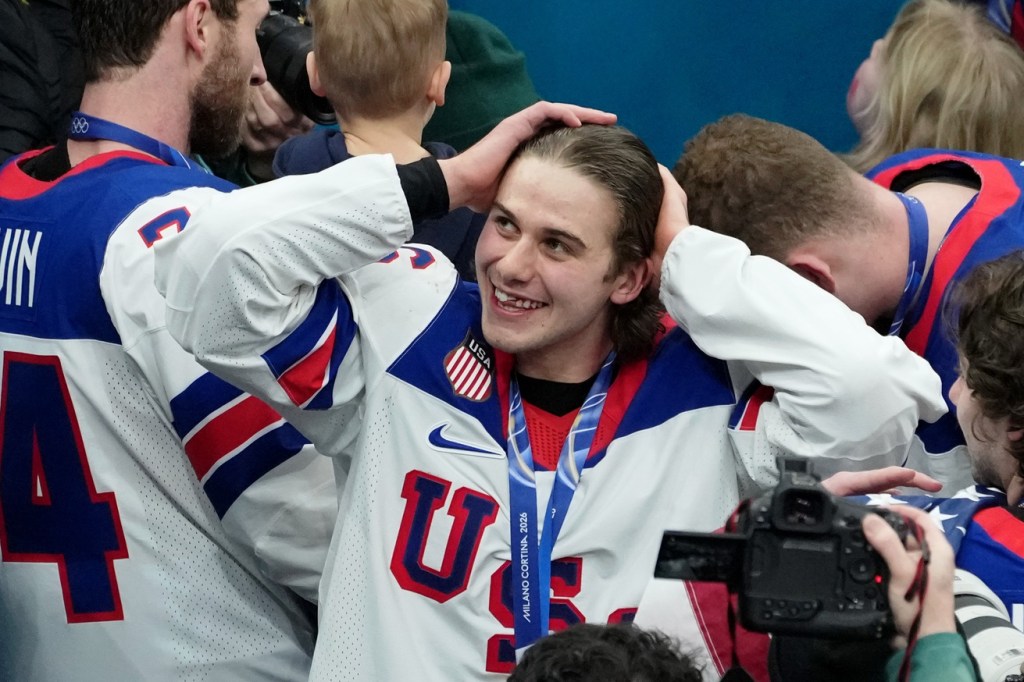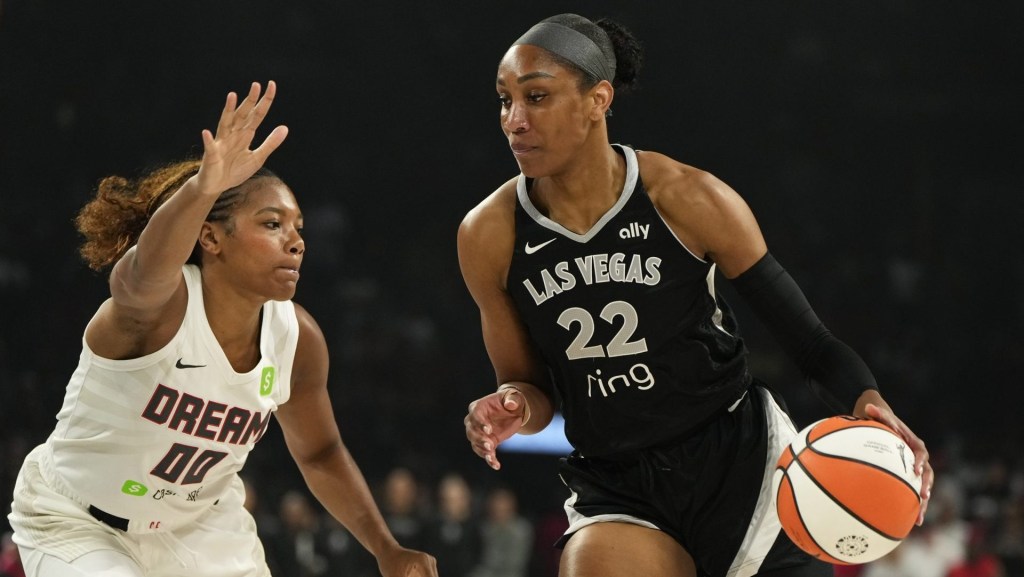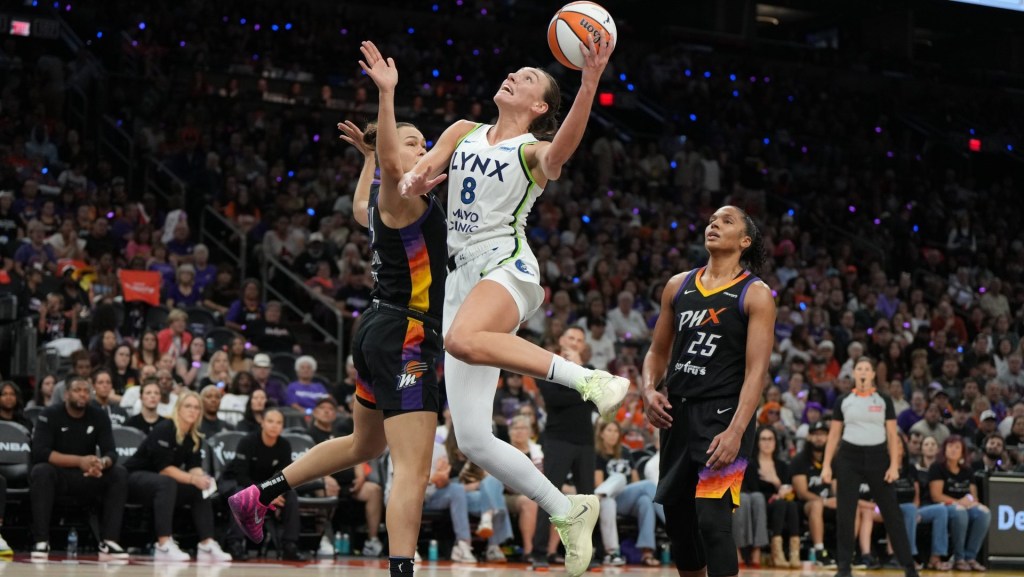Congress is one step closer to passing a federal law that would prohibit college athletes from ever being classified as employees.
On Thursday, the House Committee on Education and Labor voted to send the “Protecting Student Athletes’ Economic Freedom Act” for consideration on the House floor as either a standalone bill or a rider to another more comprehensive bill governing college athlete compensation. The vote on the four-page bill broke along party lines: 23 Republicans in favor, 16 Democrats opposed.
Rep. Bob Good (R., Va.) quietly introduced the ironically dubbed bill just three weeks ago on May 23. It sped past all other athlete compensation bills to make it into Thursday’s markup agenda—an indicator of the success of the NCAA and Power 5 conferences in their multimillion-dollar congressional campaign to end the athletes’ rights movement. They’ve paid some of the most powerful lobbying and PR firms in D.C. to convince Congress specifically to pass a law usurping three cases arguing that athletes should be considered employees.
The NCAA said it hopes Congress will use the settlement in the House v. NCAA federal court case, which would allow schools to pay players, as a “road map” for a federal law—one that would prevent players being classified as employees even though they can now get paid.
The athlete employment issue has become highly partisan because of its proximity to the ideological battle over President Joe Biden’s pro-labor administration—and the reactions to this bill have been no different. Several Republican lawmakers spoke in favor of the bill, peddling NCAA talking points about how women’s and Olympic sports would be cut due to budget shortfalls if schools had to treat athletes as employees. They also criticized the involvement of the National Labor Relations Board on the issue, which is currently adjudicating two cases over athlete employment. They even referred to the federal body as “Joe Biden’s NLRB.”
Rep. Bobby Scott (D., Va.) was the only lawmaker in the committee who spoke in opposition of the bill. He said the NLRB should be free to adjudicate the issue itself, and that any legislation would be premature. “The only freedom the bill protects is the Republicans’ freedom to strip varsity athletes from their rights,” he said.
Rep. Lori Trahan (D., Mass.), who is not on the Committee but has been outspoken about college athletes’ rights, released a statement in opposition to the bill after the vote. “Republicans in Congress have decided to plow forward with legislation to limit the rights of college athletes with little to no input from athletes themselves,” she said, adding: “If House Republicans decide to force a vote on this partisan legislation on the floor, I will vote no.”
The bill has faced opposition from several stakeholders outside Congress. The AFL-CIO and eight men’s and women’s professional players’ unions released a statement Thursday morning expressing opposition to the bill. “While conceding to pay athletes, these organizations are doubling down on denying their employee status,” the organizations wrote in a letter to members of Congress. “It’s very simple: If [college athletes] are treated like employees, then they are employees.” UCLA quarterback Chase Griffin, a prominent voice in the athletes’ rights movement, also came out against the bill.
Even though the bill has made it further than any other on the subject of athlete compensation, it faces a long road ahead. Because of its partisan nature, the proposed legislation will likely have to go through an extended process starting with a debate in the House Rules Committee. However, once the bill reaches the House floor, it could be passed with a simple majority—a legitimate reality given the makeup of the body.
Most other Democrats would likely oppose the bill, one Democratic aide tells Front Office Sports, though some could be swayed by lobbying from universities in their local districts (in addition to the lobbying from the NCAA and power conferences). The aide suggested President Biden wouldn’t sign a bill that reached his desk, either—though that may be unlikely given that Democrats hold a majority in the Senate.
The bill could also be attached as a supplement, or a “rider,” to another more extensive bill governing college athlete economic rights.
But if it does pass in any form—whether on its own or attached to another bill—it could still face opposition not just from Biden but also outside litigators. Paul McDonald, an attorney for plaintiffs in the federal court case over athlete employment status (Johnson v. NCAA), previously told FOS he would challenge the rule in court as unconstitutional. His logic: non-athlete students are allowed to be university employees through work-study programs, but athletes would be stripped of that right. McDonald believes a law of this nature would violate the equal protection clause of the Constitution.




![[Subscription Customers Only] Jul 13, 2025; East Rutherford, New Jersey, USA; Chelsea FC midfielder Cole Palmer (10) celebrates winning the final of the 2025 FIFA Club World Cup at MetLife Stadium](https://frontofficesports.com/wp-content/uploads/2026/02/USATSI_26636703-scaled-e1770932227605.jpg?quality=100&w=1024)












